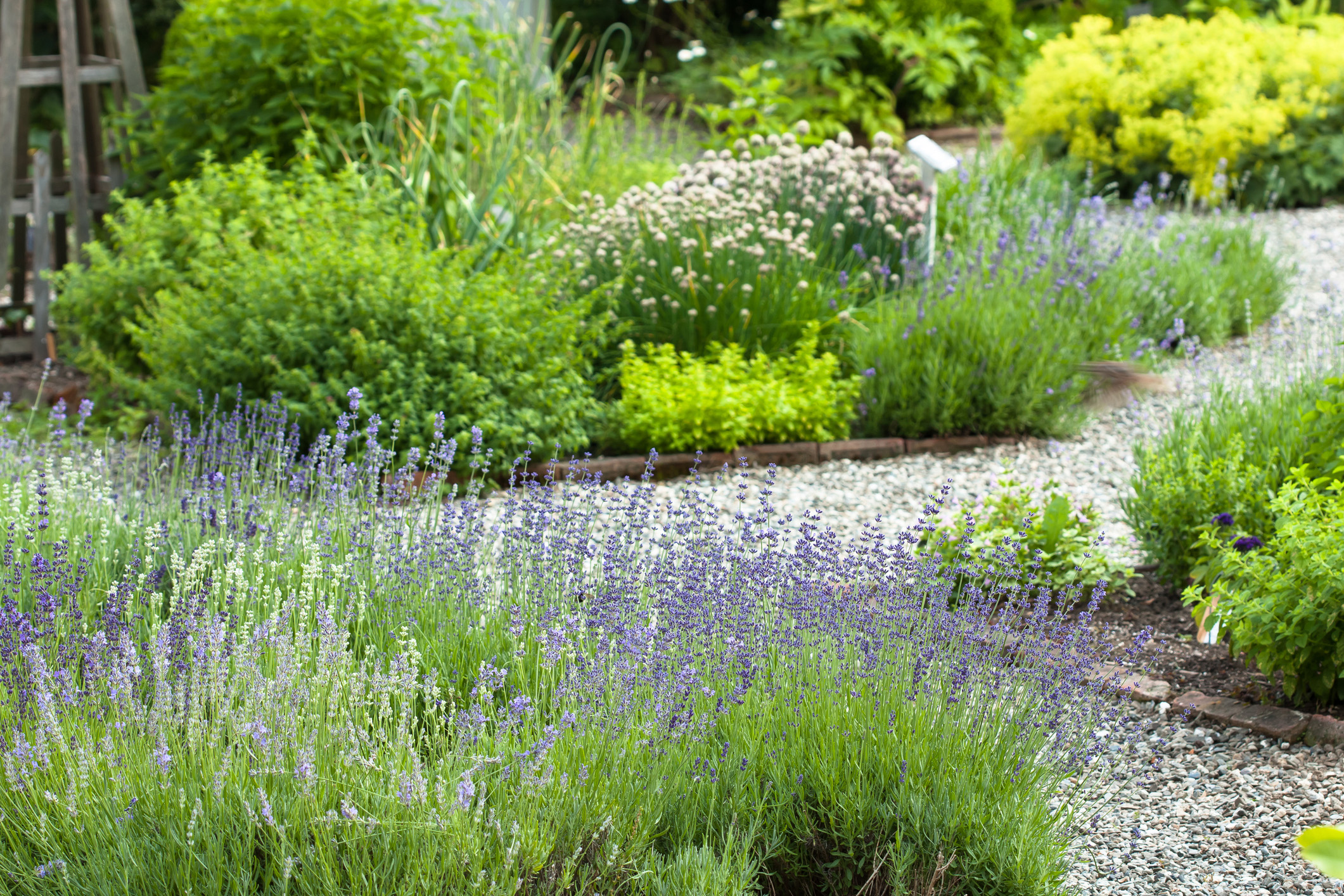As anyone with aging parents or loved-ones with dementia understands, memory can be a tricky thing. Older adults may have vivid memories from their own childhood while forgetting the names and faces of their immediate family. But studies have increasingly found that familiar music, scents or photographs can spark a memory and bring a loved-one back to their family, if only for a brief time.
A growing trend in senior and memory care residences is to create a “sensory garden” where older adults with dementia can safely enjoy the sights and smells of familiar herbs and edible plants that stimulate the senses, elevate mood, reduce stress and possibly improve memory. With everything safe to consume, seniors with dementia are free to wander and accomplished cooks or gardeners may find the familiar aromas help fond memories surface. For seniors with dementia who have lost so much of who they were, it can be a joyful experience for individuals and caregivers alike.
Just as music can help retrieve long-lost memories and dance can help patients with Parkinson’s enjoy fluid movement for a moment, time spent in a garden space can enhance the lives of those with Alzheimer’s and other dementias. Whether helping to tend a garden or simply enjoying the sights and scents of plants, the activity can provide adults with dementia a gentle distraction, regular activity, peacefulness and a sense of purpose.
According to a 2014 study from the Institute of Nursing and Health at the University of Oslo in Norway, sensory gardens and horticulture therapy may improve well-being, reduce disruptive behavior, reduce the use of psychotropic drugs, lessen the number of serious falls and improve sleep patterns. Functional levels were also seen to improve with the use of gardens as part of dementia care.
To learn more about creating a sensory garden that stimulates the five senses follow this link to Alzheimer’s Australia guide for planning garden environments for people with dementia.






Wonderful article and great manual from Alzheimer’s Australia that can be downloaded for free.